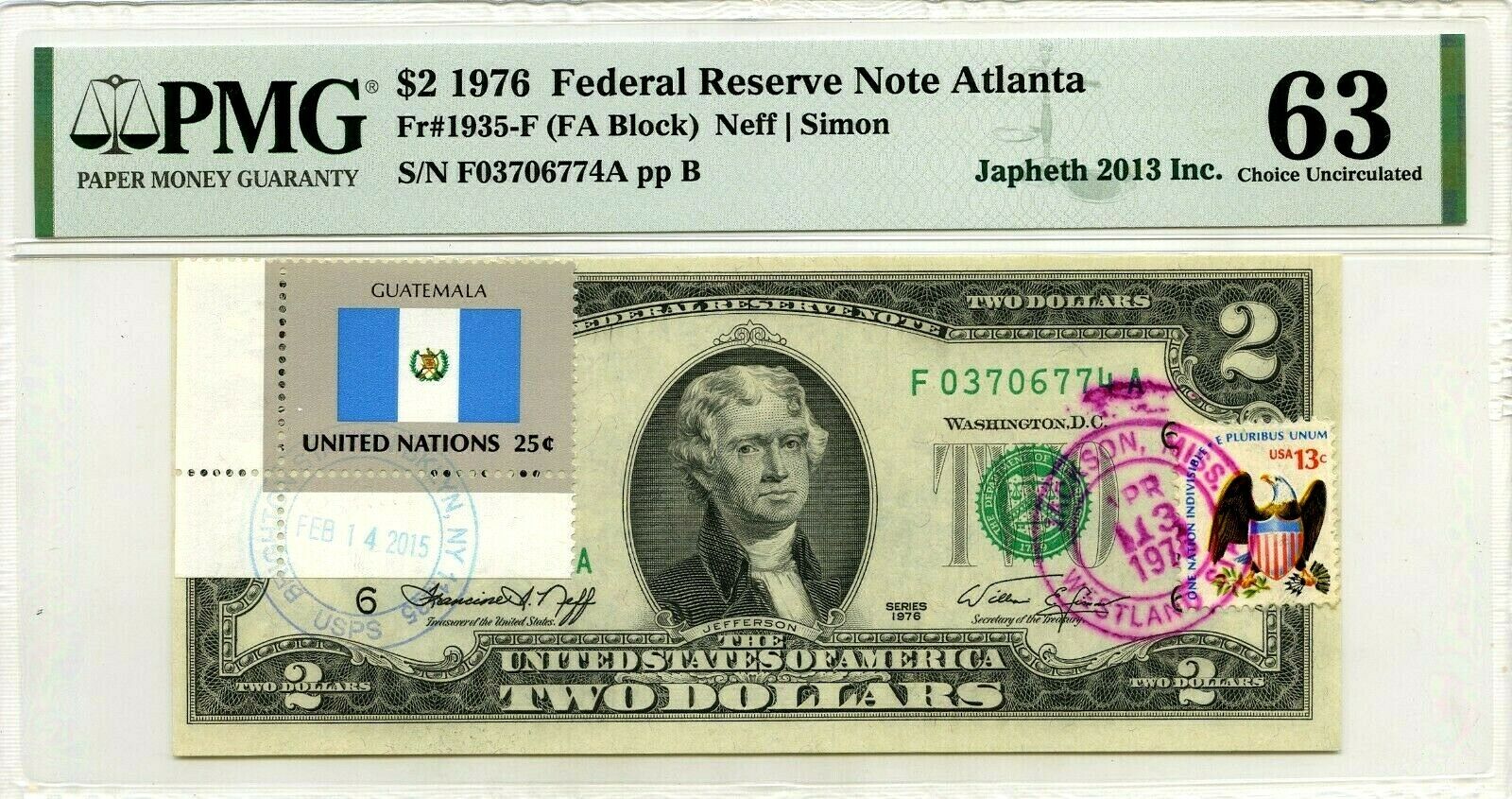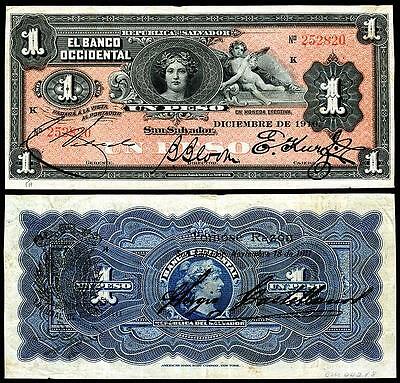-40%
DOLLARS 1976 STAMP CANCEL FLAG UN FROM GUATEMALA LUCKY MONEY VALUE 00
$ 1584
- Description
- Size Guide
Description
DOLLARS 1976 STAMP CANCEL FLAG UN FROM GUATEMALA LUCKY MONEY VALUE 00F 1935 F (FA Block)
Neff I Simon
S/N F 03706774A
CH UNC 63
The face side has two postage stamps:
1986 UNITED NATIONS OFFICES IN NEW YORK
Nations Flags Series:
25 c,
GUATEMALA
1975 - 1981 AMERICANA ISSUE
13 c, Eagle & Shield
Also has post seals: APR 13, 1976 & FEB 14, 2015 Jackson, MS
In honor 75 TH Anniversary UN
(seal 100% guarantee )
Guatemala, officially the Republic of Guatemala (Spanish: República de Guatemala),
is a country in Central America bordered by Mexico to the north and west,
Belize and the Caribbean to the northeast,
Honduras to the east,
El Salvador to the southeast and the Pacific Ocean to the south.
With an estimated population of around 17.2 million,
it is the most populous country in Central America and is the 11th most populous country in the Americas.
Guatemala is a representative democracy;
its capital and largest city is Nueva Guatemala de la Asunción, also known as Guatemala City, the largest city in Central America.
The core of the Maya civilization, which extended across Mesoamerica, was historically based in the territory of modern Guatemala.
In the 16th century, most of this area was conquered by the Spanish and claimed as part of the viceroyalty of New Spain.
Guatemala attained independence in 1821 as part of the Federal Republic of Central America, which dissolved by 1841.
From the mid- to late 19th century, Guatemala suffered chronic instability and civil strife.
Beginning in the early 20th century, it was ruled by a series of dictators backed by
the United Fruit Company and the United States government.
In 1944, the authoritarian leader Jorge Ubico was overthrown by a pro-democratic military coup,
initiating a decade-long revolution that led to sweeping social and economic reforms.
A U.S.-backed military coup in 1954 ended the revolution and installed a dictatorship.
From 1960 to 1996, Guatemala endured a bloody civil war fought between the US-backed government and leftist rebels,
including genocidal massacres of the Maya population perpetrated by the military.
Since a United Nations–negotiated peace accord, Guatemala has achieved both economic growth and successful democratic elections, although it continues to struggle with high rates of poverty and crime, drug cartels, and instability.
As of 2014, Guatemala ranks 31st of 33 Latin American and Caribbean countries in terms of the Human Development Index.
Guatemala's abundance of biologically significant and unique ecosystems includes many
endemic species and contributes to Mesoamerica's designation as a biodiversity hotspot.










